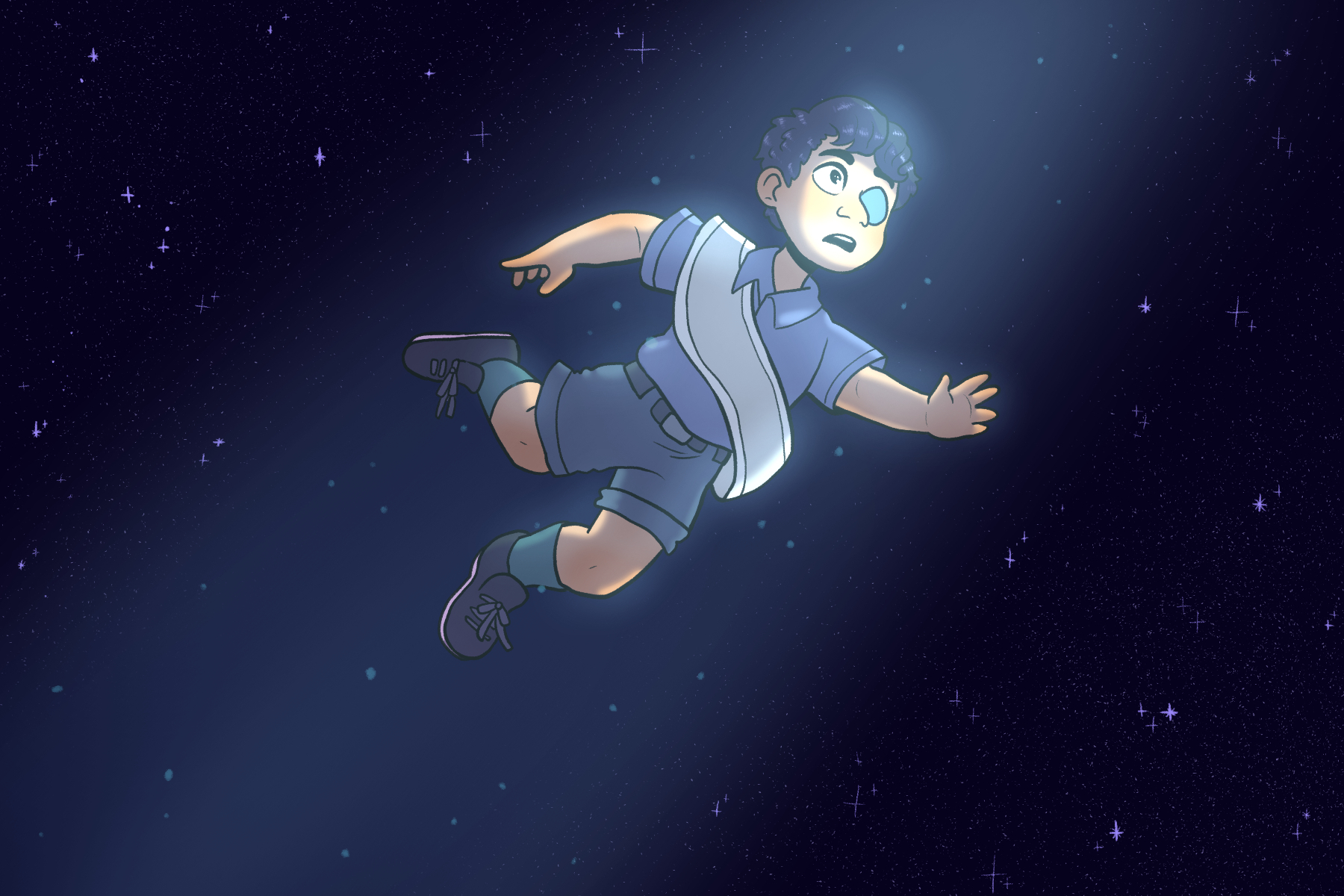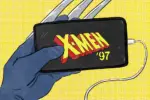With the recent teaser trailer for Pixar’s 2024 original movie “Elio,” along with the in-theaters debut of the movie “Elemental,” there has been chatter about a decline in Pixar’s popularity and box-office revenue. For many years, Pixar movies have been sewn into the fabric of the American (and beyond) childhood experience. With triumphs such as “Toy Story,” “The Incredibles” and “Ratatouille,” Pixar has engraved itself into the heart of pop culture. Even more impressive, it has churned out original films one after another. Pixar movies are known for creating vast and exciting worlds and incorporating original ideas that bend the possibilities of storytelling. Lately, with theaters packed with sequels, live-action film and remakes, Pixar has been fighting to maintain their standard of excellent original cinema while facing off against huge, franchised storytelling. Such seems to be the case with Pixar’s newest movie, “Elemental.”
“Elemental” had a good turnaround during its second weekend in theaters, despite being forced to compete with Marvel and DC superheroes, Disney princesses, and Transformers. A Screen Rant article suggests that this is because it is an original movie: though familiar characters will not bring families to theaters for the opening weekend, word of mouth can bring people to theaters in the weeks following a film’s release. With this mixed reaction, it is yet to be seen how Pixar’s “Elio” performs next year, and if audiences will commit to supporting original movies in this franchise-ridden modern market.
Some news outlets believe that “Elemental” was doomed from the beginning. It was a perfect storm: after several years of streaming-only Pixar debuts, “Elemental” premiered in theaters. Pixar fans had apparently gotten used to watching new movies for free. In addition, marketing for the movie was subpar, almost as if Pixar is giving up on its original content like so many before them (namely Disney, which is currently producing a string of soulless live-action films).D But every unsatisfactory movie performance seems to lead back to a single cause: the “original feature film” tag is not just for show.
While the occasional Toy Story sequel is inevitable, the majority of Pixar’s films are original passion projects. While Disney, Warner Bros., Marvel, Universal Pictures and many of the other big names in cinema are putting their effort into expanding already-successful brands, Pixar continues to be a pioneer of original content, taking risks on new and exciting ideas no matter their bottom line.
The powers that be are not oblivious to this trend. As an New York Times article on “Elemental” glumly stated, “Pixar is damaged as a big-screen brand.” The article quotes Disney’s Executive Vice President of Theatrical Distribution: “Original IP (intellectual property) needs to work a lot harder to break through nowadays.” Some recent movies under the Disney brand include a live-action version of “The Little Mermaid” and “Peter Pan & Wendy,” a movie building on the long established Peter Pan brand. It is safe to say that most at Disney want to play it safe. However, the Disney executive also stated that without new movies, there can be no new brands upon which to build a theatrical universe. For this reason, original content is unlikely to disappear entirely, but the “in theaters now” list these days can feel like a dystopian array of sequels and prequels. Disinterest of audiences toward original movies seems to be driving even Pixar towards more sequels, including next year’s “Inside Out 2” and a “How to Train your Dragon” live-action that is reportedly in the works. However, there is a ray of hope in the confusing and disheartening corporate world of moviemaking: Pixar’s upcoming film “Elio.”
Pixar recently released a teaser trailer for a new original movie, which has garnered excitement for its imaginative concepts. Elio, an 11-year-old boy, inadvertently becomes the representative of Earth to a council of aliens after a series of miscommunications. The vibrant Pixar animation we know and love contrasts perfectly with this creative storyline. The screenwriter and director, Adrian Molina, who also created the beloved 2017 Pixar movie “Coco,” is back with a fresh look at the animated medium. With capitalistic motivations seeming to swallow the cinematic industry, “Elio” hopes to renew audience’s interest in original IPs, like its predecessor “Elemental” tried to do.
By next year, hopefully audiences will become fatigued by the bombardment of recurring IPs. This may already be happening with the MCU, in the form of the phenomenon being referred to as “Marvel Fatigue.” Adding additional hope, DC’s 2023 iteration of “The Flash” has been surpassed in revenue by its box office competitor, “Elemental,” as of late June. One can only hope that the next big trend will be “live-action fatigue” or “sequel fatigue”.
To support original content, one certainly doesn’t need to abstain from their favorite sequels or to stop themselves from watching a live-action remake of a childhood favorite. Taking a chance on a movie that doesn’t have any familiar characters or settings doesn’t always seem like the best option in a world that constantly bombards audiences with choices. Recently, “Elemental” had to compete against “Guardians of the Galaxy 3,” “Transformers: Rise of the Beasts” and “The Little Mermaid.”
But where will Hollywood be when every popular movie of the last 30 years has been remade, or has at least three sequels? Will audiences and corporations alike realize that original IPs are essential to cinema?
The world is becoming more fast-paced, and American society is struggling to find a way to protect original man-made art. Capitalism is a corporate system, and corporations value minimum input and maximum output. With artist’s spaces increasingly encroached by A.I. and soulless media, audiences need to find a way to protect the artists and original art that they come across. Perhaps “Elio” will bring audiences one step closer to understanding the value of original ideas and passion projects. “Elio,” like its in-universe counterpart, has the possibility to lead the Earth into a new dawn. But, for now, the best an audience member can do is appreciate and protect authentic and original art with the only language that corporations seem to understand: a consumer’s purchasing power.
















